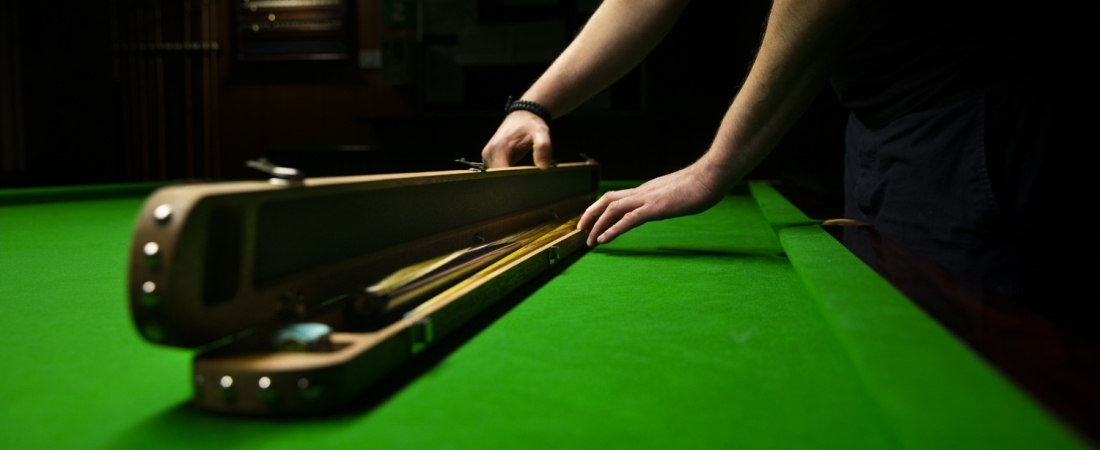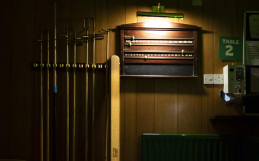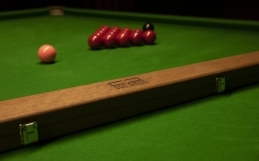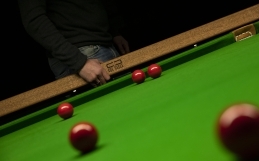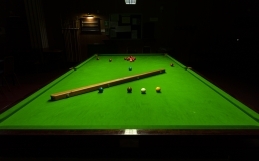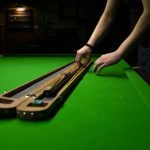CueCases’ Two Stage Guide to Buying the Perfect Cue: Part 1
In the market for a new pool cue?
Check out this handy guide to help you navigate the pitfalls and select the perfect cue to suit your needs.
Before getting carried away at the thought of a shiny new pool cue it can be helpful to establish a budget and get an idea of which type of cue to consider; you’ll need to decide whether you want a one piece or a two piece to allow you to narrow your search.
If you can test a few cues before purchasing, then great; head down to your local retailer and ask if you can try a few on for size and feel. Be sure to hold the cue in your hand and asses the weight, straightness and wrap. If you can test with a few practice shots on a pool table even better.
You can simplify this decision… Choosing a cue for home? Opt for a one piece, if you want the freedom to travel with your cue, pick a two piece that allows you the convenience of manoeuvring without lugging around a five-foot stick. The additional benefit of selecting a two-piece cue is that one-piece sticks are prone to warp so generally have a shorter lifespan. If the shaft begins to warp on a two-piece cue, you can be thrifty by retaining the butt and purchasing a new shaft.

Which Height Is Right?
This is a crucial element in selecting your ideal cue but one that’s simple to get spot on with the right formula; most people can’t go too far wrong with a standard cue which comes in at around 57” but children, ladies or chaps of below average height might be better suited to a shorter model; try on 48 or 52” for size. Tall folk over the 6’5” mark may need to get a cue special ordered, up to 61”. A reputable dealer will be able to advise accordingly so don’t worry too much.
Worth the Weight
Generally, pool cues weigh in at between 17 and 21 ounces with most players favouring a 19- or 20-ounce cue. The weight of your cue plays a major factor in the outcome of your shot, so this element deserves some consideration. Some players like to use a heavier cue for breaking and a lighter cue for skill shots. Shorter people tend to play with lighter cues as heavier models cause a lowering of the butt and a raising of the cue tip during the shot, resulting in improper connection with the ball and subsequent lower scores! When testing your potential new cue, pay attention to how the weight feels in your back hand and if it feels heavy try a lighter model.
After you have conquered the physics bits it’s time to consider finishes and finer details. Check out our buying guide part two to ensure you end up with the perfect pick.
